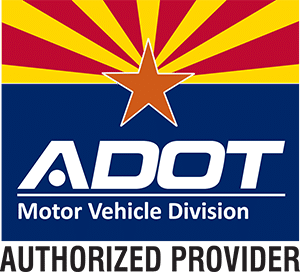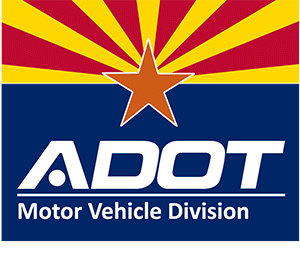What Is a Car Inspection? Why Maintenance Matters.
Most drivers know the sinking feeling of the ‘check engine’ light illuminating on their dashboard, or a strange noise coming from under the hood. What if there was a way to minimize these nerve-wracking moments?
In this blog, we explore the importance of car inspections, what they involve, and how proactive maintenance can help you avoid any unsettling — or even dangerous — surprises.
What Is a Car Inspection?
Essentially, a motor vehicle inspection is a thorough checkup of your car to ensure it’s safe to drive and operate correctly. Arizona, like many states, requires an inspection before car owners can register their vehicle. The process usually includes vehicle emissions testing, which ensures your car meets emissions standards, and vehicle safety inspections. While the specifics can vary, the general purpose is for vehicle inspectors to verify that all major systems of your car are functioning properly.
But getting your vehicle inspected shouldn’t be a one-and-done event. Regular vehicle inspections are a vital part of car maintenance. Like regulatory inspections, regular checkups involve a mechanic examining various components of your vehicle to ensure they are in good working order. In this case, however, the goal is less about compliance and more about maximizing vehicle efficiency, longevity, and safety.
What Does an Inspection Cover?
During a car inspection, the mechanic will check several key areas to diagnose any potential issues that could lead to bigger problems down the road. Here are some critical components they typically review:
Belts and hoses: These are essential for your engine and cooling system to function correctly. Over time, belts can become frayed or loose, and hoses can weaken and start to leak. Identifying wear and tear early can prevent a roadside emergency or expensive repairs later.
Fluid levels: Fluids, such as oil, coolant, transmission fluid, or brake fluid, are your vehicle’s lifeblood. They lubricate, cool, and facilitate the smooth operation of various systems. Regular checks and top-ups are essential to maintain optimal performance and ensure the longevity of your car’s components.
Brakes: Your car’s brakes are arguably its most important safety feature. Regular inspections are vital to identify worn pads, discs, or any issues in the hydraulic system that might compromise braking efficiency.
Lights: Proper functioning of all lights — headlights, tail lights, brake lights, plate lights, and turn signals — is crucial for safe driving, especially at night or in poor visibility conditions. A mechanic will check for any bulbs that need replacing or any electrical issues affecting the lighting system.
Steering: A thorough inspection will also include checking the steering system for signs of wear or damage. This includes examining the steering rack, tie rods, and power steering fluid levels to make sure your vehicle handles correctly.
Can You Perform Inspections Yourself?
Many drivers can handle the basic aspects of vehicle maintenance, but it’s recommended to get one to two professional inspections annually. Mechanics have the tools, knowledge, and experience to diagnose issues that might not be obvious to the untrained eye. However, learning to check fluid levels, the condition of your tires, and other basic signs of wear and tear can help you proactively identify potential problems.
Why Are Regular Inspections Critical in Arizona?
Regular car inspections are critical to proper vehicle maintenance, especially in Arizona. The state’s high temperatures can exacerbate wear on hoses and belts and cause fluids to evaporate faster. This means drivers often need frequent checks to prevent overheating and engine damage.
Arizona’s unique terrain also places unique demands on vehicles. Frequent stops and starts in city traffic can stress your braking system, while the rough, uneven surfaces in rural and mountainous areas can challenge your suspension and alignment. In other words, routine vehicle inspections aren’t just advisable but essential to ensuring your car stays safe and reliable.
Regular inspections are only one component of road safety. Register for a driver’s education course to learn or refresh the essential skills you need to drive responsibly and with confidence!








